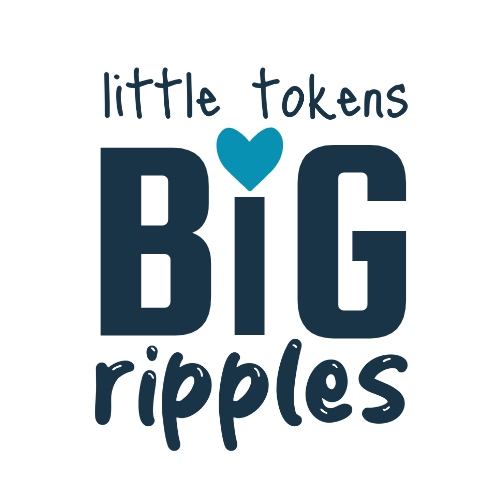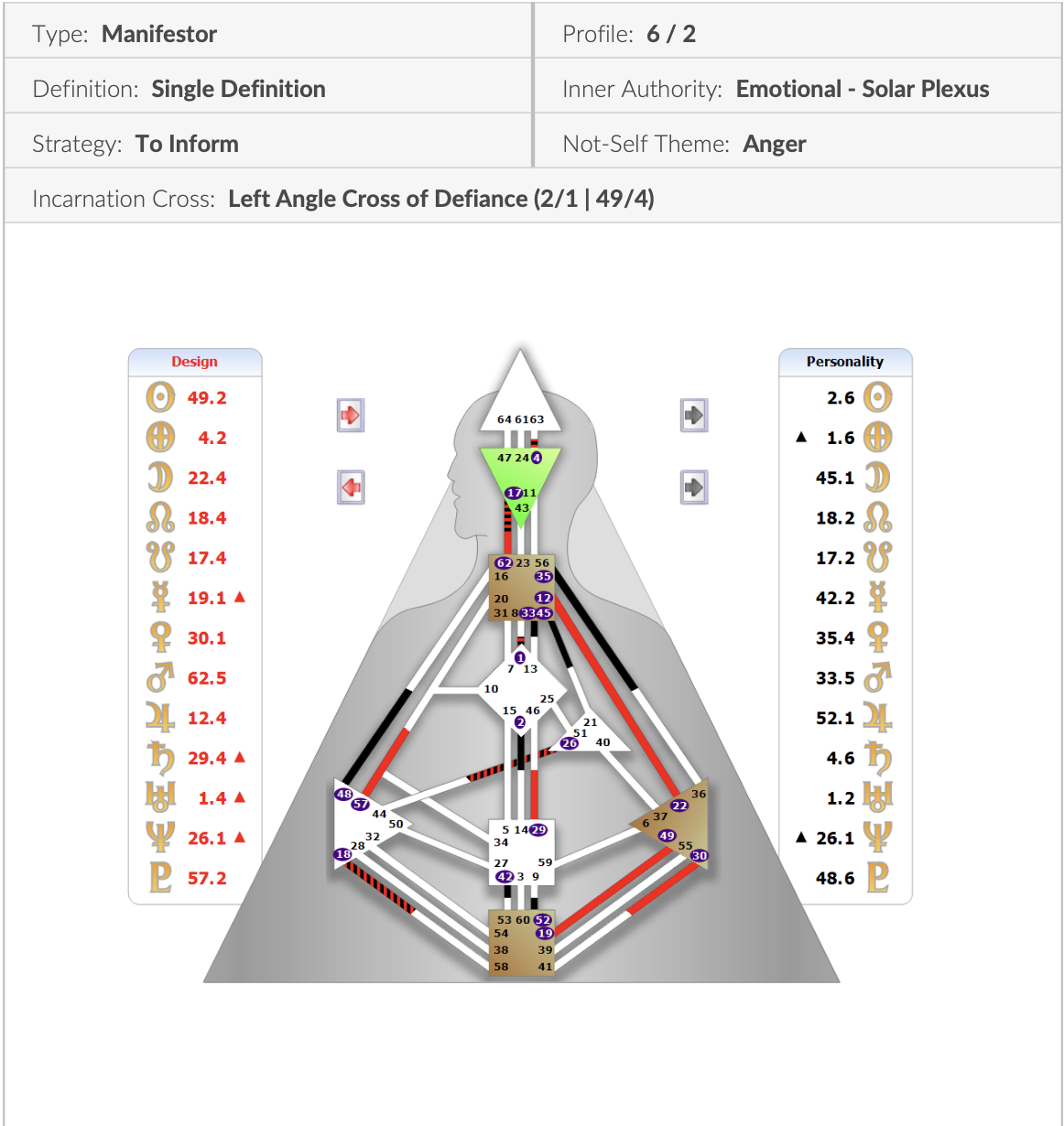Do You Know Your Type? And Does It Matter?
I stumbled across my Human Design chart in an old Notes folder last week. The discovery made me smile—here was evidence of Mansi circa 2017, ever-curious, trying to make sense of herself and her place in the world.
I’m not someone who blindly follows these systems—I’m too logical for that—but I’m drawn to them anyway. Like maps that don't quite match the territory, they’re still interesting to consult.
They don’t tell me where to go, but sometimes they help me notice where I’ve already been.
It’s interesting when you know you’re going to question something but still allow yourself what feels like an indulgence, a distraction, a conversation-starter, perhaps?
I've collected quite a few of these frameworks over the years—astrology charts, Enneagram results, Myers-Briggs codes—all while maintaining a healthy skepticism about their ability to capture who I really am.
In high school, we treated Linda Goodman’s Sun Signs and Love Signs like sacred texts. We’d huddle during recess, becoming self-appointed authorities on compatibility. “You're a Taurus like me? That explains the stubbornness! And your mom is a Leo, right? Yeah, no wonder you’re always butting heads.” The nodding heads, the affirmation, the feeling of “aah-now this makes so much sense!”
I laugh now at our naïveté—how earnestly we believed those tidy boxes could explain the messiness of human connection. As if a sign or a type could hold the whole complexity of a multi-layered life. As if billions of people could fit into 12 little buckets.
And yet...here I am, decades later, still finding myself curious about these systems of organizing people into identifiable types. My Enneagram identifies me as Type 6, The Loyalist—conscientious, responsible, scanning for potential problems. “Loyalists approach others as if to say, ‘I am here for you. You can count on me,’” the RHETI results explain.
I recognize fragments of truth in this, but also know how often I’ve broken this mold. (Note: these tests require you to have immense self-awareness and count on your untarnished honesty.)
Astrological traits feel simpler, more “dependable” in that way. Take my Taurus traits—sure, there’s some steadiness, some persistence that might look like stubbornness. I appreciate beauty and comfort.
But these descriptors could apply to countless others who aren’t Tauruses—my husband exhibits many of these traits despite having a completely different sign.
Then there’s my Human Design chart—a differentiator based on my time and place of birth—which calls me a Manifestor with a 6-2 profile.
The biggest advice is “to master your communication skills and embrace your creative vision while staying grounded in your authentic self. This involves leveraging your defined Throat Center to express your ideas effectively, while also honoring your desire for solitude and deeper reflection.”
There's truth there, but it's a truth I’d already discovered through lived experience, not because a chart told me so.
I recognize the rhythm of sharing what I’ve learned, then needing to retreat. But isn’t this simply the human experience? Don’t we all oscillate between connection and solitude in our own ways?
That’s the paradox of these frameworks. They can feel remarkably accurate and hopelessly inadequate in the same moment.
They offer language for experiences we’ve struggled to name, yet they can never capture the full complexity of a human life in all its contradictions. It’s why I take these tests with a grain of salt—and why I never quite delete the results.
This paradox shows up in my daily life, too. While part of me continues exploring these personality systems, another part of me expresses something entirely different through the tiny tokens I create and share.
In those exchanges, none of it matters—not their sign or type, their chart or profile, their faith or politics or identity. It doesn’t matter whether they’re an Aries or a 5 or a Generator.
When I hand someone a token, I’m not thinking about categories. I’m simply seeing a human.
It’s not about fitting people into boxes; it’s about recognizing them beyond labels. A way of honoring complexity without needing to define it. A ripple outward from presence, not prescription.
Perhaps what draws us to these systems isn’t really about finding absolute truth. Maybe we’re seeking validation for things we already intuitively know about ourselves. Or maybe we’re looking for permission to be who we already are.
Ultimately, I’ve come to see these typologies not as answers but as questions.
Not as boxes but as mirrors—sometimes reflecting something recognizable, sometimes distorting … never showing the complete picture.
These systems help name our patterns—but the real magic happens when we meet each other beyond them.
What about you? Have you explored any of these systems? Did they reveal something true about you, or did you find yourself resisting their definitions? Maybe both at once? How have you held the ambivalence, if any? I’d love to hear how—or if—they’ve made their way into your story.




